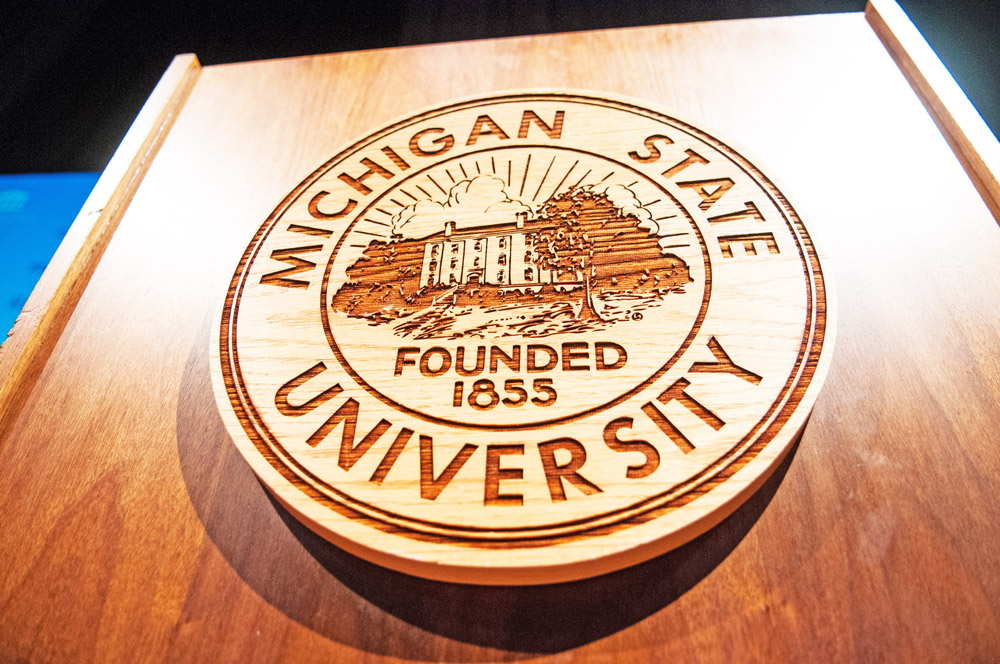MSU IT is excited to introduce Microsoft Copilot, a powerful generative AI tool now available to the MSU community. This tool, included in MSU’s existing enterprise agreement with Microsoft, enhances equity by providing access to high-quality information at no cost. Unlike other free AI tools, MSU’s enterprise access to Copilot offers unique security and data privacy features.
Copilot has been thoroughly evaluated and deemed safe for a variety of use cases, surpassing the safety standards MSU has been able to endorse for other programs, such as ChatGPT. Enterprise data protection is enabled when logged in, ensuring that any data entered will not be used to train the model.
Access Copilot with your MSU credentials to ensure these security and privacy protections are enabled. Using personal credentials will only grant access to the public version, which does not offer enhanced data privacy features of MSU’s enterprise version. This is a standalone version of Copilot and is currently not integrated with 365 products.
Generative AI
As we encourage the innovative use of new technology across various disciplines, it’s important to address potential risks and concerns. In an effort to advance responsible AI use, MSU IT has collaborated with the MSU Ethics Institute in the Office of the Provost and other campus stakeholders to establish Interim Guidance on Data Uses and Risks of Generative Artificial Intelligence.
The purpose of this guidance is to provide a foundation for leveraging AI responsibly and ethically across all MSU environments, with the understanding that it will be updated as we learn more about both its applications and implications.
While all MSU community members must always adhere to MSU’s established acceptable use and institutional data policies, specific types of data should be handled in different ways when using a generative AI product, including Copilot.
Key points include:
- No generative AI tool, including Copilot, is currently cleared by MSU IT to handle or process HIPAA data or Controlled Unclassified Information (CUI). However, institutional data and any non-personal or non-protected data are permissible. Please refer to the MSU Data Storage Finder for more on appropriate storage locations.
- While utilizing such technology, we must also consider issues surrounding inaccuracies, bias and unintentional harm, inappropriate content, and algorithmic implications.
- It’s important to prioritize the human aspect. Remember that generative AI tools are not a replacement for decision making or creativity.
- More on these topics as well as other MSU guidance for students, educators, and researchers, can be found here.
Collaboration
As a diverse institution of learning, it is our duty to foster an environment where cutting-edge technologies can be explored and harnessed to better serve our communities. In partnership with campus stakeholders, including the Office of Research and Innovation and Center for Teaching and Learning Innovation, who provided guidance on this project, we believe that adhering to these guidelines will not only preserve academic integrity but also contribute to the responsible advancement of AI applications.
Together, we can shape a future that embraces the transformative power of technology while upholding our commitment to ethics and academic excellence.
Additional MSU guidance about Generative AI
- MSU Community
- Students
- Educators
- Researchers
- Marketing and Communications



